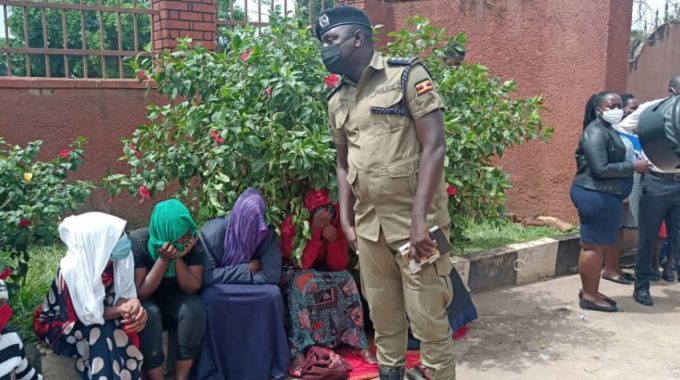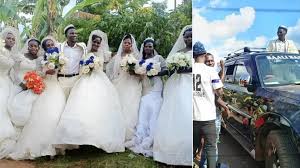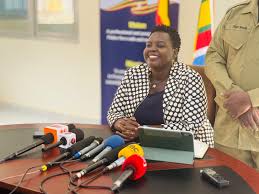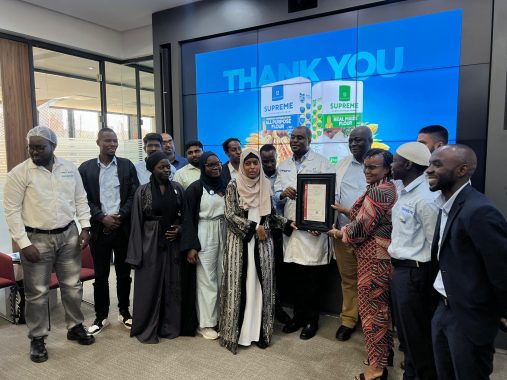Child trafficking increases
The trafficking department at the Ministry of Internal Affairs has warned of harsh penalties on persons involved in aggravated trafficking or the exploitation of children.
This comes as the ministry confirmed that 500 people, mostly children, were trafficked from and into the country between January and October this year, according to a file from the office of the Directorate of Public Prosecutions.
Agnes Igoye, the Deputy Coordinator for Prevention of Trafficking in Persons at the Ministry of Internal Affairs says that a total of 250 cases of human trafficking were filed.
Igoye explains that in September alone, the ministry registered 45 cases of trafficking from Kampala, Rakai, Kabong and Luuka. She says most of the trafficked girls were subjected to sexual exploitation.
“What is worrying is that many convictions are connected to child trafficking. It shows who we are as a society that our children are becoming more vulnerable. In the month of September alone, 45 cases were registered in Kampala. It happens every day,” Igoye stated.
Child trafficking increases
She says for offenders who are responsible for protecting people in the community such as religious and local leaders, relatives or guardians, law enforcement officers, or military officers among others, the law provides for heavy punishment.
“You remember the recent precedent of Didas Mpagi, the former headteacher from Wakiso district who molested his pupils and was sentenced to life imprisonment. We are setting this as a precedent and a deterrent that when you do these things to children, the punishment should be heavy because we are the ones supposed to protect these children. So the law is the one which guides even with convictions,” she explains.
According to the Prevention of Trafficking In Persons Act 2009, a person who commits the offence of aggravated trafficking is liable to life imprisonment or death.
Section 4 of the act states: “Where (a) the victim of trafficking is a child (b) adoption, guardianship, fostering and other orders in relation to children is undertaken for the purpose of exploitation (c) the offence is committed by a syndicate, or on large scale (d) the offender is an organization engaged in the activities of organizing, directing or protecting the vulnerable persons in society (e) the offender is engaged in organizing or directing another person or persons to commit the offence may be liable to suffer death.”
Compiled by Minah Nalule
















